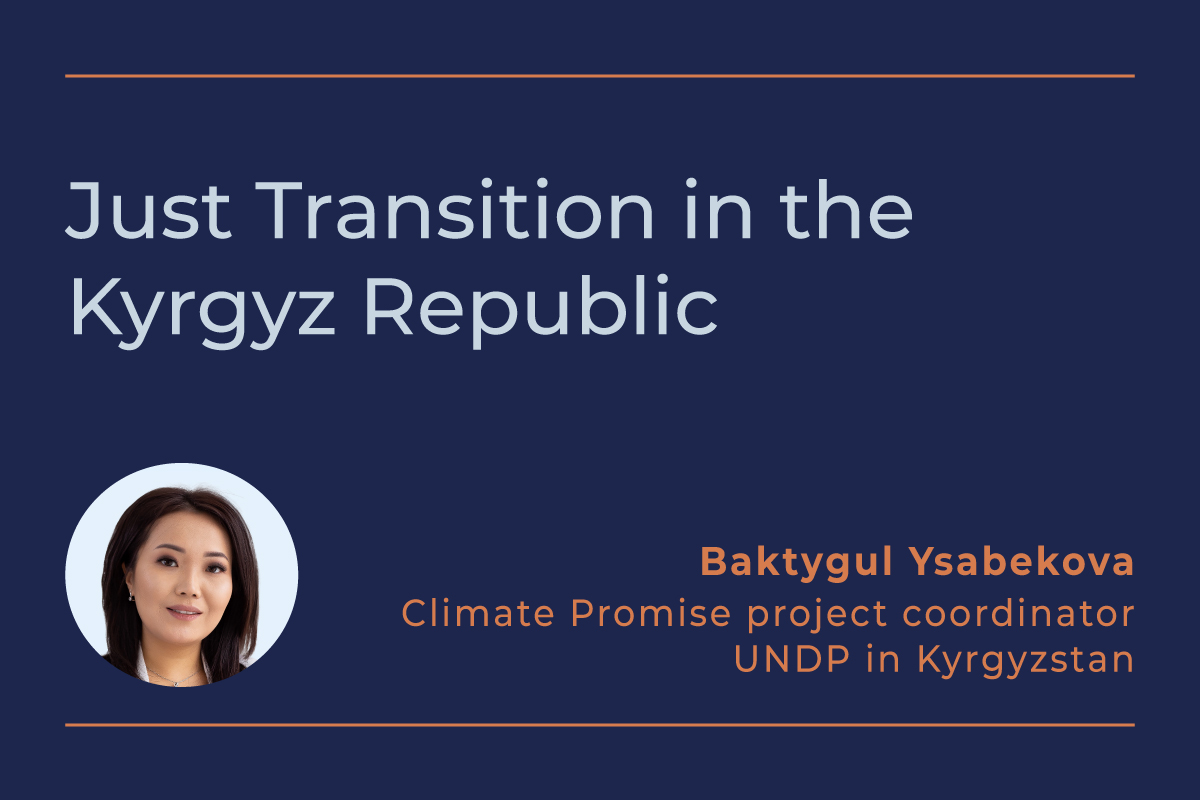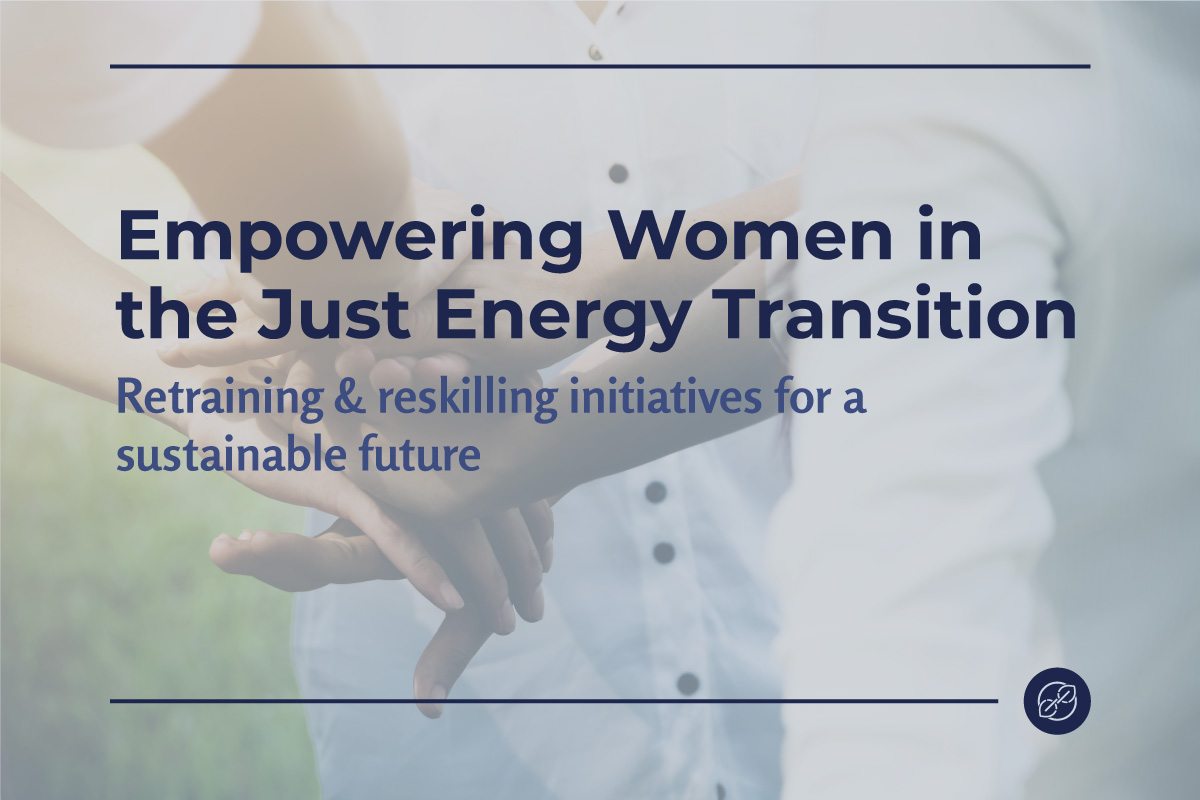Question: What does just transition mean in the context of Georgia?
Lindsay Renaud: The just transition is about creating a low-carbon and climate-resilient future with new economic and social development opportunities that leave no one behind.
Beyond important health and environmental benefits, the changes and shifts laid out in Georgia’s Climate Change Strategy and Climate Action Plan (CAP) can provide new opportunities for equitable and inclusive growth, including through new greener jobs. But they also present challenges, costs and risks which are important to mitigate and manage to ensure Georgia attains its CAP objectives and broader green growth through a pathway that is as fair and inclusive as possible to everyone concerned, creates decent work opportunities, and leaves no one behind (a just transition).
Q: What are the barriers to just transition finance and how do multilateral development banks like the ADB intervene to overcome them to increase just transition support in the region?
LR: Just transition is a relatively new concept in most of ADB’s client countries. Therefore, the first barrier is recognition of the importance of ensuring a just transition and getting the ownership and buy-in to make it happen. As an initial step, ADB is helping raise the awareness amongst its clients and other key stakeholders about just transition and its importance. We are also ensuring the full range of key stakeholders (notably governments, private sector, and a diverse representation of civil society) are engaged including women and marginalized populations.
Secondly, to determine how to best realize a just transition, adequate planning is needed. A key activity in the planning process encompasses ample socio-economic impact assessments to inform the decision-making process and actions for implementing the CAP, and the mitigation actions for identified impacts. ADB is supporting these studies with financing and expertise like that offered by the Neyen team.
Next is integrating just transition principles into policy and practice. By bringing financing, advice and creating new partnerships, ADB is helping its clients embed a just transition in their policy frameworks and investments. For example, ADB is working with countries to support low-carbon manufacturing that generates green jobs, ensuring that workers have the necessary skills and that firms have access to finance to participate in the low-carbon transition. We’re also supporting efforts to develop adaptive and responsive social protection to protect women, poor and vulnerable populations, people with disabilities, the elderly, and young people during the transition.
ADB support for a just transition aligns with agreed principles for MDB support.[1] It recognizes a multifaceted lens for a just transition as it applies across workers, communities, consumers, and producers.
Q: What are the existing and potential financial instruments to accelerate the just transition in the region that remained untapped?
LR: ADB is actively providing finance for the just transition with our support platform which provides resources for technical assistance work. To help fill the financing gap for just transition, ADB will establish a just transition financing facility to provide concessional resources for interventions in our client countries that ensure a just transition.
We are launching a 12-month design process for this facility at COP28. We want it to be a collaborative process with broad stakeholder input on how to structure the finance facility for the just transition. This will include consultations and in country work with government counterparts, the private sector and input from civil society.
Q: How does the Socioeconomic Impact Assessment carried out by Neyen with ISET align with ADB’s support for a just transition in Georgia?
[1]ADB. 2021. ADB Joins MDBs to Support Just Transition toward Net-Zero Economies. News release. 29 October.




